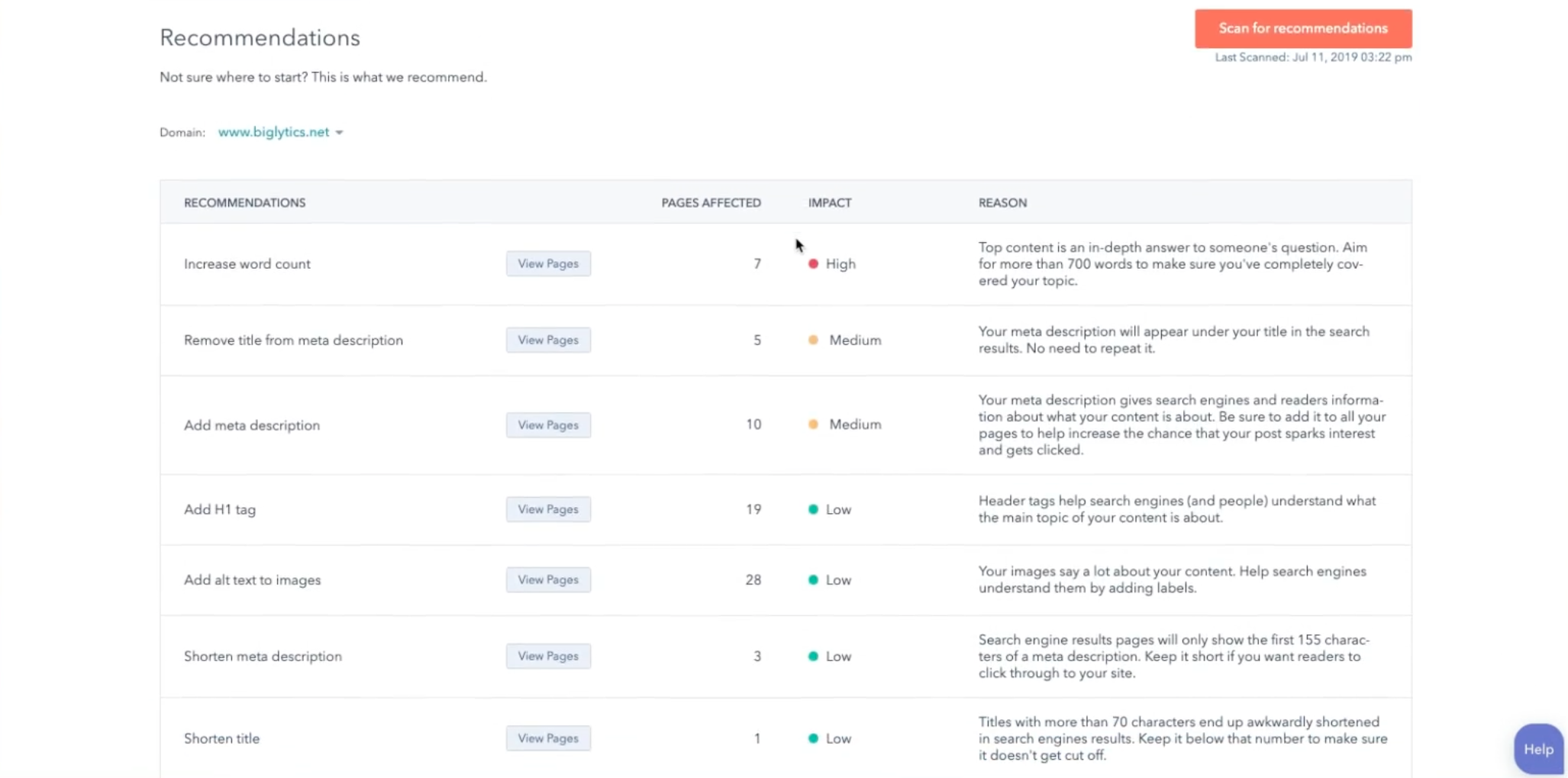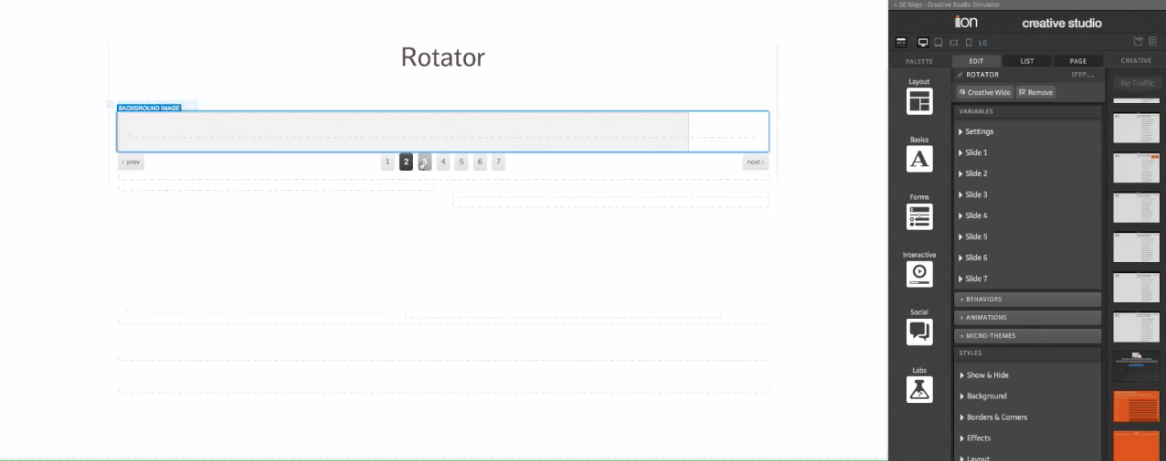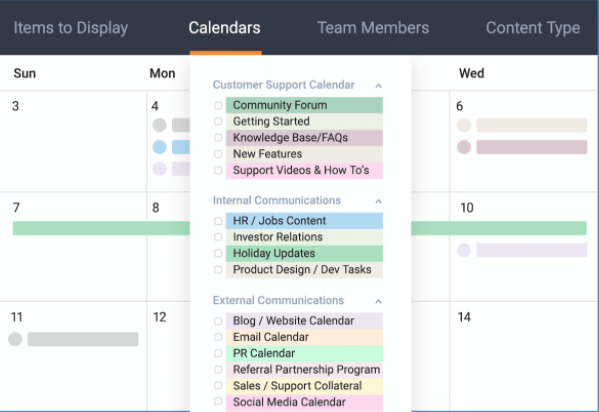The best 5 content marketing platforms
A recent global business survey found that 91 percent of respondents value content marketing but only 77 percent have a content marketing strategy. That’s a significant disconnect, because producing good content requires an investment of resources.
To get the most from your content, you need the tools to plan it, track it, and measure how it’s performing. Whether you’re working with a team to produce content or just producing a lot of it yourself, you should consider using a content marketing platform.
Content marketing platforms let you manage your content marketing in a central location. This can include everything from creating an editorial calendar to assigning tasks to staff members and getting approvals.
Making the move to a content marketing platform can simplify planning and collaboration. It’s a big step up from using spreadsheets. Many of these platforms have automation features to make it easier to send emails or track the performance of blog posts or other content assets.
Here’s a rundown of the top five content marketing platforms for 2025.
1. HubSpot Marketing Hub
Perhaps best known for its sales capabilities, HubSpot’s Marketing Hub serves as its integrated content marketing platform. The Marketing Hub includes blogging tools as well as tools for SEO, social media, email marketing, landing pages, marketing automation, and analytics.
Some of the features HubSpot includes are drag-and-drop email templates, SEO suggestions, and the ability to set up teams and assign assets to them. The Marketing Hub also connects to HubSpot CRM to help you organize and track how customers are interacting with assets, as well as attribute conversions to different touchpoints.
HubSpot offers a free plan with limited features as well as paid plans with expanded features.
2. CoSchedule
CoSchedule is a popular choice for organizations in need of content planning. This content marketing platform includes an editorial calendar along with features for managing social media, assigning tasks to your team, and having team discussions about assigned tasks.
CoSchedule’s ReQueue feature identifies popular content for reposting on social media profiles. The text editor lets you write blog posts or other content directly in the platform, then post to the appropriate channel. You can also import Google Docs.
Contact CoSchedule for pricing for the full marketing suite.
3. Ion
Think of Rock Content’s Ion platform as your content concierge. It’s a place to design, experiment, and ultimately execute your content experiences, backed by Ion’s customized training and intuitive learning software.
You can choose from more than 100 design templates to build out your content, and you’ll get ongoing support with your content mission. Ion will even make a plan for you that shows your functionality and user experience based on the information you provide about your content objectives.
Plus, with Ion’s program planning capabilities, you can break down each step of your content plan and receive monthly insight reports from data analysts that include recommendations on how to best proceed in the future.
4. DivvyHQ
DivvyHQ is an all-in-one platform that lets you automate repetitive tasks in your content marketing workflow, organize teams, plan an editorial calendar, create content, and measure audience response.
DivvyHQ has a real-time dashboard where team members can monitor workflow and see updates as they’re made. Pricing begins at $29 per month, per user when billed annually.
5. Upland Kapost
Upland Kapost is worth checking out if your company is committed to managing the editorial process from start to finish. Analytics help determine personalization strategy using metadata that tags content for different audiences, buying stages, or distribution platforms.
Kapost includes workflow automation capabilities and channels for team members to share feedback with each other in real time. Users can view the status of each asset as well as next steps and deadlines. Pricing starts at $3,500 per month.
Before you sign up for one of these content marketing platforms, make sure the goals for your content marketing program are clear. Some of these tools are better suited for companies that want to create immersive, interactive content, while others are ideal for companies that focus primarily on blogging and social media. Take time to evaluate your needs against the available tools.


























Send Comment: